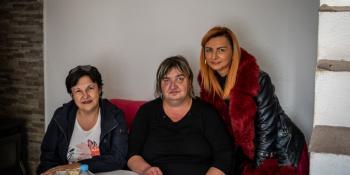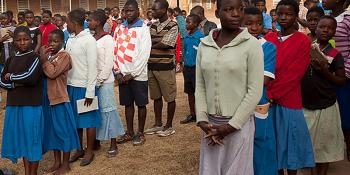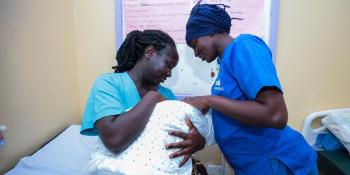Informal Settlements:
How housing affects human development
Habitat for Humanity and our research partner, the International Institute for Environment and Development, or IIED, released an in-depth, data-driven report titled “Improving Housing in Informal Settlements: Assessing the Impacts in Human Development“ to help launch our Home Equals campaign.
The report reveals that ensuring residents of informal settlements have access to adequate housing isn’t just the right thing to do — it’s the smart thing to do.
Through an extensive literature review and a statistical modeling exercise, the report shows that adequate housing is a powerful catalyst for well-being and sustainability. It impacts a country’s economic development, income, health and education for both residents of informal settlements and the wider society.
Among the findings: GDP and income per capita would increase by as much as 10.5% in some countries if housing in informal settlements were upgraded at a massive scale, and as many as 41.6 million additional children could be enrolled in school.
Download the full report
See how improving housing in informal settlements impacts economic growth, average income, health and education.


